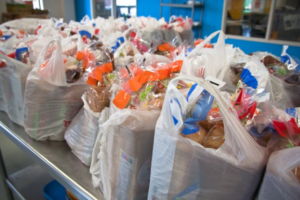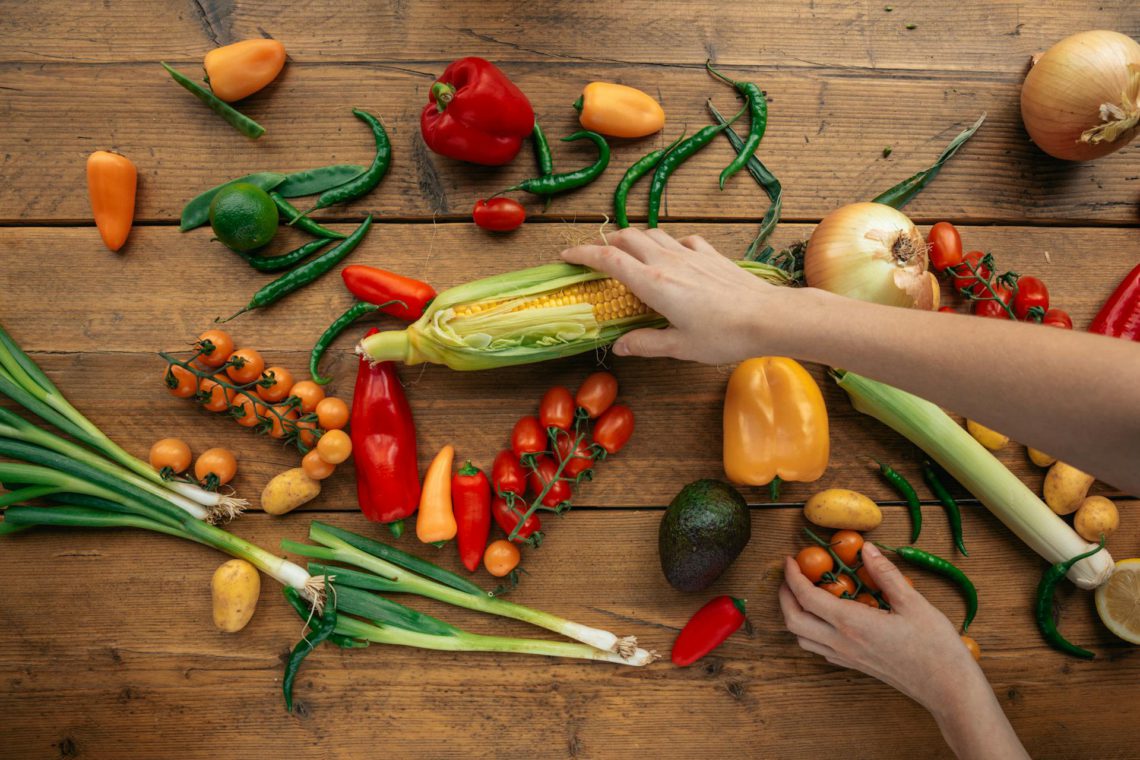FOOD waste is an alarming issue across the world and in India, where a UN report estimated that Indian households waste 78.2 million tons of food each year. When food is wasted, it has a negative impact on people and the environment. Those without food continue to starve while others discard food that can be saved or given to people who are suffering from hunger. Food waste also leads to environmental pollution. Food waste goes straight to landfills where unsegregated wet and dry food waste mixes together to produce toxic and harmful gases that pollute our air and oceans. The rotted waste produces methane, which is a greenhouse gas that leads to global warming.
For individuals who are concerned about food waste and its direct correlation to both food insecurity and environmental pollution, consider more sustainable food management practices such as reducing food waste. International Day of Awareness of Food Loss and Waste is observed around the world on September 29th. The UN sheds light on the critical area of food waste and brings people together worldwide to find practical ways to stop wasting food to care for people and the planet.
Here are 5 ways to reduce our food waste!
-
Plan ahead before you shop
The food on our plates starts in our shopping cart. Whether shopping for perishable food in a store or online, plan ahead. Buy just the amount of food that you will need until your next trip to the grocery store. This will make sure you don’t have unused vegetables or meat in your refrigerator that you will end up throwing out. If this does happen, then rather than discard your soon-to-be expired products, you can use them to prepare a meal which you can refrigerate and save for later. Remember to buy just as much food as you need to reduce food waste!

-
Consider your portions before you cook
Next, before you start to cook your food, think about how much you will be eating and how many people you are cooking for. If you plan your portions, it will help you cook just enough for your next meal and avoid food waste. There are suggestions to help you accurately do this. For example, use measuring cups and spoons to prepare just as much as you need. Once your food is cooked, place the food in a separate bowl or plate. When serving food to others, make sure you allow them to take just as much or as little as they need. If you do have leftovers, the next paragraph will cover that!

-
Save or transform your leftovers into new meals
If you do have leftovers from a meal, there are many things you can do with them rather than discarding them. Leftover rice or vegetables can be stored in the fridge and saved for a later meal or snack. Leftovers can also be used to create brand new meals. For example, use your cooked vegetables or meat as toppings for a bowl of noodles or refrigerated and later mixed into freshly cooked rice. You may be full at the end of your meal, but you can still save or repurpose your leftovers into new meals for yourself or others!

-
Share your extra food
The phrase sharing is caring applies to many things – including food! Your fresh leftovers can be shared with friends, family or neighbors. You might have excess food that you know you won’t be eating later or turning into new meals because you may be traveling or busy all day at the office. In such cases, you can place your leftovers in utensils or Tupperware and share them with close friends, family or colleagues. When you share food with others that you have prepared yourself, it is a kind gesture that can help build relationships while reducing food waste.

-
End a celebration by distributing excess food to people in need
When hosting a wedding or a party, one of the most important elements is – the catering. Caterers take into consideration the number of people who will be attending, plus some extra, and cook generous portions for each person. But as it happens at weddings, anniversaries, birthdays and housewarming celebrations, we always end up with excess food. While the food is still fresh, you can pack the excess food and distribute it to homeless people or others in need. This is a compassion act that will help people who do not have food while lowering the risk of food waste.

If you are thinking to yourself right now that packing excess food after a wedding and distributing it to the underprivileged is a good idea and if you would like to feed people more than just one meal, you can support Mission: Feed The Hungry and find out how you can help feed underprivileged Indians without food to eat.
Support Mission: Feed The Hungry
These 5 suggestions to help us reduce our food waste will ensure that any food that we are not eating does not go to waste. Across India, there are millions of people who struggle to eat even one healthy meal in a day. Because of poverty and the lack of access to food, underprivileged people suffer from hunger, starvation and malnutrition. Mission: Feed The Hungry packs nutritious meals for underprivileged children and elders who struggle to eat and your support can help us reach more people across India and deliver fresh and healthy meals to them. These nutritious meals strengthen their minds and bodies and help empower them to go to school, seek employment and build stronger and better futures for themselves. To support Mission: Feed The Hungry:
Support Mission: Feed The Hungry
–
Give’s mission is to “make giving bigger and better.” Give is the most trusted donation platform in India for fundraisers and crowdfunding campaigns. Through our technology solutions, we enable individuals and organisations to fundraise and donate to a cause, charity or NGO with trust and convenience. Give’s community of 2.7M+ individual donors and 300+ organisations supports 3,000+ verified nonprofits with 80G deduction and serves 15M+ people across India. Find a fundraiser today!

Shirley has been in the development sector for over 10 years and is passionate about making a change in the world around her, including adopting dogs and writing to make a difference.
Discover more from
Subscribe to get the latest posts sent to your email.

